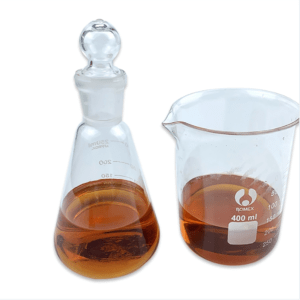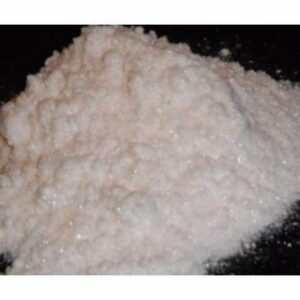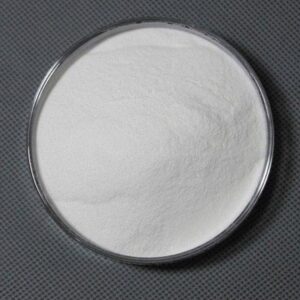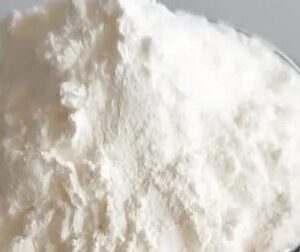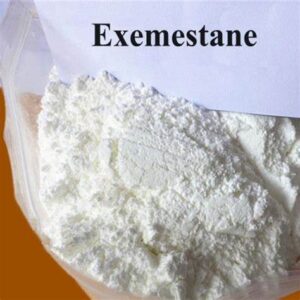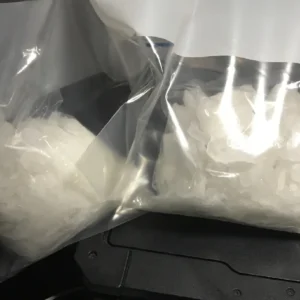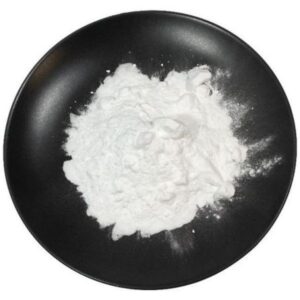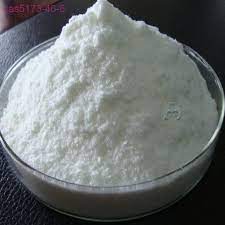Purchase Propanone Piperidinediol Online
Purchase Propanone Piperidinediol Online: Buy Propanone Piperidinediol Factory Price Piperidinediol Hcl, 2-Chloro-1-(4-Methylphenyl)-1-Propanone CAS 69673-92-3conveniently online. Known chemically as acetone, propanone, or dimethyl ketone, it is an organic compound with the formula (CH3)2CO. This is the most basic and smallest form of ketone, appearing as a clear, highly volatile, and flammable liquid with a sharp, distinct odor. Secure your supply of Propanone Piperidinediol online today.
Wholesale Propanone Available Online
Buy bulk quantities of Piperidinediol Hydrochloride, including 2-Chloro-1-(4-Methylphenyl)-1-Propanone (CAS 69673-92-3), directly from Chinese manufacturers at competitive factory prices.
Factory Price Piperidinediol Available for Purchase
CAS Number: 69673-92-3
Product Name: 2-Chloro-1-(4-methyl phenyl)-1-Propanone
Molecular Formula: C10H11ClO
Molecular Weight: 182.647
Alternative names for acetone include:
- 2-Chloro-1-(4-methyl phenyl)-1-propanone
- 1-Propanone, 2-chloro-1-(4-methyl phenyl)-
- 2-Chloro-1-p-tolyl-propan-1-one
- β-Chloro-4-methylpropiophenone
- 2-chloro-1-(4-methyl phenyl)propane-1-one
Product Code: 69673-92-3
HS Code: 2901100000
Annual Production Capacity: 50 metric tons
Order Propanone Piperidinediol in bulk quantities today.
Factory-Direct Dimethyl Ketone
Product Name: 2-Chloro-1-(4-methyl phenyl)-1-Propanone
Appearance: Oily liquid
Grade: Industrial Grade
Molecular Formula: C10H11ClO
CAS Number: 69673-92-3
Applications: A vital raw material in industrial processes and organic synthesis.
Delivery: Fast and timely delivery.
Packaging: Customized according to client specifications.
Transportation: Via sea or air freight.
Storage: Keep in dry, dark, and well-ventilated areas.
Available Ports: Tianjin, Shanghai.
Acetone: Global Production and Uses
Acetone, or propanone, is a versatile organic solvent used in numerous industrial and domestic applications. In 2010 alone, global production reached 6.7 million metric tons, predominantly employed as a solvent and for the manufacture of methyl methacrylate, bisphenol A, and PMMA (polymethyl methacrylate). Acetone is also a key building block in organic chemistry and serves common household purposes, such as in nail polish remover and paint thinners. In the United States, acetone enjoys exempt status as a volatile organic compound (VOC), underscoring its broad utility across multiple sectors.
Biological Role and Metabolism of Acetone
Acetone naturally forms in the human body as a byproduct of normal metabolic activities. It can be found in small quantities in blood and urine, with higher levels present in individuals experiencing diabetic ketoacidosis. Studies suggest acetone has minimal reproductive toxicity, with ketogenic diets—marked by elevated levels of ketones like acetone—showing potential therapeutic benefits for infants and children suffering from refractory epilepsy.
Acetone: Safety Considerations
Acetone, as a colorless and highly flammable solvent, is widely encountered in households and industries alike. It is integral to products such as nail polish removers, paint thinners, and varnish removers. Despite its versatility, acetone can irritate when exposed to the eyes, nose, skin, or throat, and ingestion can lead to acetone poisoning. This risk highlights the importance of safe handling and responsible use, especially in environments where it may be inhaled or accidentally ingested.
Potential Health Risks of Acetone Exposure
Acetone exposure, even in small amounts, can lead to adverse effects, including eye irritation, respiratory discomfort, and dizziness. Prolonged or severe exposure can result in more severe consequences, such as damage to the nervous system. In rare cases, acetone poisoning can occur, manifesting as symptoms like fruity-smelling breath, low blood pressure, lethargy, slurred speech, and impaired motor coordination.
Preventative Measures for Acetone Exposure
To mitigate the risks associated with acetone use, it is advisable to handle acetone-containing products in well-ventilated areas, away from open flames or cigarettes. Protective equipment, such as gloves and goggles, should be worn when working with acetone. Proper storage, disposal, and cleanup procedures can also help prevent exposure, especially in households with children.
Acetone in Organic Chemistry and Industrial Applications
Acetone plays a significant role in industrial and laboratory settings, functioning as an organic solvent, degreaser, and key intermediate in chemical synthesis. Its unique chemical properties make it indispensable in the production of plastics, lacquers, and textiles, among many other materials. For organic chemists, acetone is a crucial reagent and solvent in numerous reactions.
Order Acetone Products at the Best Prices
Secure your acetone, propanone, or Piperidinediol supplies online at the best market rates. Whether you are purchasing for industrial use, laboratory applications, or wholesale distribution, quality and timely delivery are assured.
Frequently Asked Questions
- Is propanone toxic to humans?
- Can acetone substitutes be used for nail polish removal?
- What are the primary sources of acetone in the environment?
- Is acetone harmful to the skin upon direct contact?
For further information, explore detailed chemical safety facts on acetone and related compounds. Place your order for acetone and propanone online today!

